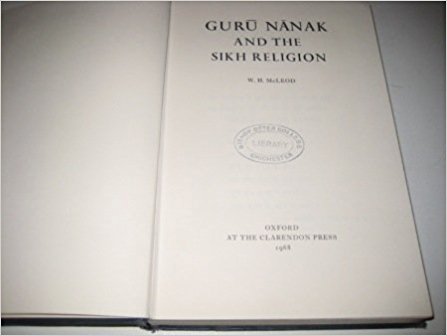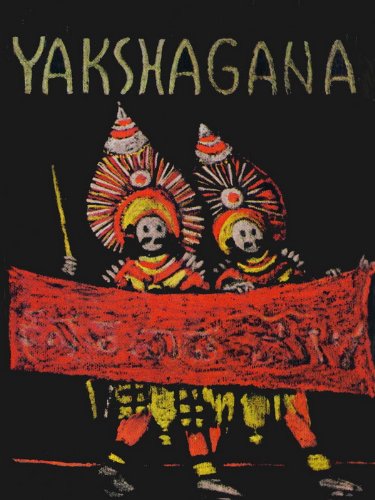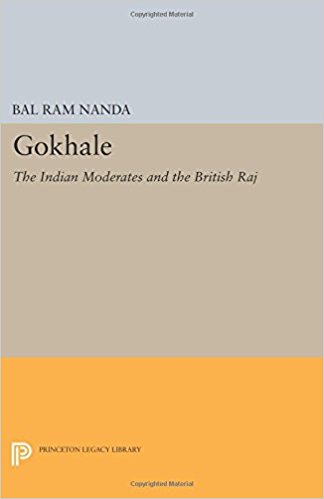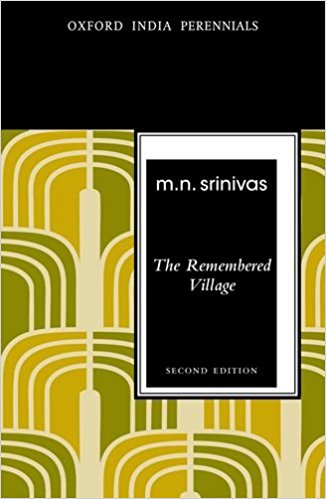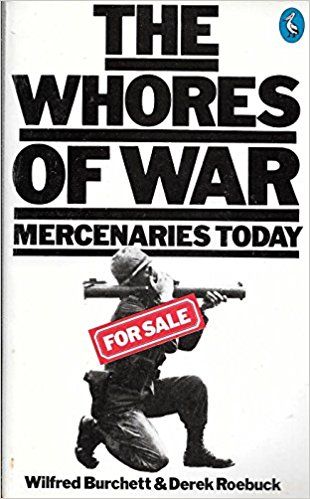As a little child my mother told me the story of the founding of Panja Saheb: Guru Nanak once came into wilderness with his disciple. It was hot. The disciple thirsted for water. But water was nowhere except on top of a hill where a dervish lived.
Archives
May-June 1977 . VOLUME 2, NUMBER 3Here is a collection of sixteen short stories including one by Ka Naa Subramanyam himself. Not all are short stories—at least one is an epic in a terse form: Ramapada Choudhury’s Festal.
This collection of essays by Indian academics on American literature ranges in quality from the solitary brilliance of V.Y. Kantak’s essay on Faulkner’s Technique, through the competent and interesting (Neila Seshadri’s Leslie A. Fiedler: Critic as Mythographer, Isaac Sequeira’s Essay on Sylvia Plath), to the (alas!) majority that is mediocre, or, at best, stolid and painstaking.
Laufer’s German version of the Citralaksana has no doubt been long known to the world of connoisseurs of Indian art. Coomaraswamy, Masson Oursel, Kramrisch and other great writers have indeed used this important document which was recovered from Tibetan.
It was in the thirties that Dr. V. Raghavan had drawn attention to a form of theatre called Yaksagana. Much interest was aroused by his articles. In the early forties there was a lively discussion amongst scholars about the origin of this fascinating form and its connections with Kathakali.
The growing historical literature on the national movement in India is as yet comparatively poor in good biographical works. Two recent publications—S. Gopal’s Nehru and now B.R. Nanda’s Gokhale—will go a long way in filling this gap. Here is an authoritative, extensively researched, scrupulously fair and extremely…
Ethnography is an art not very different from writing a novel. It is holistic. The anthropologist submerges his own special professional interest to study the whole society. But the personality of this author remains distinct and accounts for part of the uniqueness of the monograph…
T.K. Mahadevan, whose thoughts and writings have for many, many years revolved round Gandhiji, has now attempted an altogether ‘new kind of book’, which he calls an exercise in philosophical biography.
In the spring and early summer of last year, British newspapers and television repeatedly covered the subject of the recruitment of mercenaries in the United Kingdom; but even if you were a regular reader or viewer, you could not always be certain of just what slant was being given to the subject.
This book contains a number of papers, mostly in the field of public finance, written by Professor Nanjundappa during the years 1961-1968. Except for two articles on ‘Wages, Prices and Employment’ and ‘Restrictive Trade Practices and Public Policy’, the articles included in the volume deal with questions…

